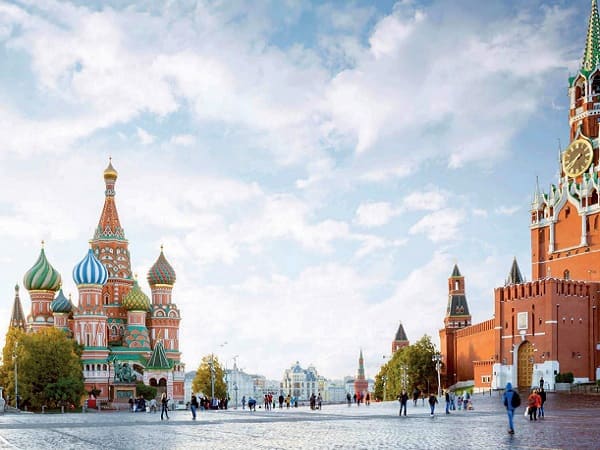If you already have a visa and plan to come to Russia for a business visit or job search, this guide is specifically designed for you.
This guide outlines the mandatory procedures you must follow upon entry, during your stay, and upon departure from Russia. You will also learn about the consequences of violating Russia's migration laws, how to avoid them, and what to do in case of unforeseen circumstances. Additionally, you will receive other useful information.
It is important to note that the rules described in this guide regarding visas and work permits do not apply to citizens of Kazakhstan, Belarus, Armenia, Moldova, Azerbaijan, Tajikistan, Kyrgyzstan, Uzbekistan, and Ukraine. These citizens enjoy a visa-free regime when entering Russia.
- How to arrange entry to Russia?
- Entry into the territory of Russia
- Staying in Russia
- Leaving the territory of Russia
- Emergency Contact Information
How to arrange entry to Russia?
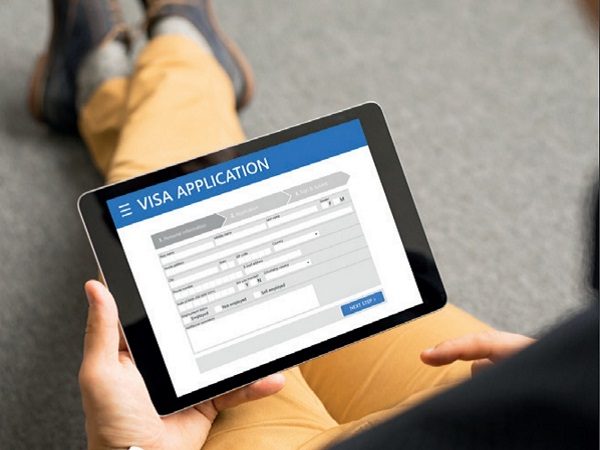
If you are planning a business trip or coming to work in Russia, you need to obtain a respective business or work visa from the company that invites you.
If you plan to enter Russia on a work visa for employment purposes, in addition to the visa itself, you will also need to obtain a work permit. However, there is an exception - if you plan to stay in Russia for up to 90 days to perform installation and maintenance of imported foreign equipment, a work visa may be issued without a work permit.
If you are interested in the procedure for obtaining a visa, work permit, and other necessary documents for entry into Russia, detailed information is available in the web version of this guide.
...Entry into the territory of Russia
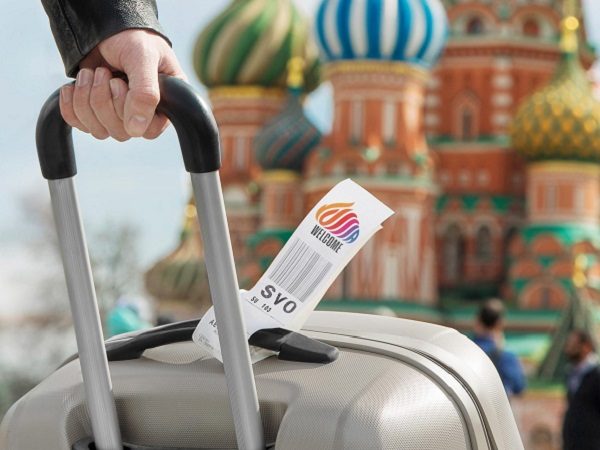
MIGRATION CARD
Upon entry into Russia, you need to obtain and fill out a migration card. It can be obtained for free from the airline, train, or ship staff that you are entering Russia with, or at the border checkpoint if you are entering by car or bus.
The migration card is filled out in Russian. If you do not know Russian, you can fill in your information using Latin letters as indicated in your passport.
During the border control at the Russian border, one part of the migration card remains with the border guards, and the other part is returned to you with an entry stamp into Russia.
It is important to always carry the original migration card with you and not to give it to anyone until your departure from Russia. It is advisable to keep the migration card in your passport, as it may be requested by police officers in Russia or at the border control when leaving the country.
The migration card should not be laminated.
In case of damage or loss of the migration card, you must immediately report it to the nearest migration service office and obtain a duplicate. You need to present the passport with the visa you entered Russia with. The issuance of a duplicate migration card is free of charge.
REGISTRATION AT PLACE OF RESIDENCE
After arriving in Russia, you are required to register at the local migration service office at the address of your residence. Registration must be completed within 7 business days, except for highly qualified specialists (HQS) and their family members who are granted 90 days for registration.
If you are staying in a hotel, the registration should be done by the hotel staff. In the case of renting an apartment, the registration should be carried out by the owner of the apartment.
To register, you will need to provide copies of your passport with the visa and migration card to the hotel staff or apartment owner. After registration, you should be issued an original registration certificate with the stamp of the migration service.
If you change your place of residence in Russia, you must register at the new address of residence.
The original registration certificate, as well as the migration card, should be kept with you until your departure from Russia. They may be checked by both Russian police officers and at the border control when leaving the country.
In case of loss of any of the documents, such as passport, work permit, migration card, or registration certificate, you must report it to the police and obtain a certificate acknowledging your report. Additionally, within 10 days, you must contact the migration service to obtain a duplicate of the lost document.
If you change your passport while staying in Russia or arrive in Russia with a new passport from your country, you must notify the migration service within 3 days and obtain documents reflecting the new data.
PROVISION OF BIOMETRIC DATA AND MEDICAL CERTIFICATION UPON ENTRY INTO RUSSIA
If you meet the following criteria, you are required to undergo a one-time mandatory procedure of fingerprint registration and photography. Additionally, mandatory medical certification is required each time you enter Russia.
These procedures are conducted at special facilities designated by Russian legislation.
The mandatory procedures apply to the following categories of individuals:
- Foreign citizens arriving in Russia for purposes unrelated to employment, for a period exceeding 90 calendar days. Such foreigners must undergo these procedures within 90 calendar days from the date of entry into Russia.
- Foreign citizens arriving in Russia for employment. Such foreigners are required to undergo these procedures within 30 calendar days from the date of entry into Russia. These procedures are mandatory when obtaining a work permit.
- Citizens of Eurasian Economic Union member states arriving in Russia for employment. Such foreigners must undergo the procedures within 30 calendar days from the date of entry into Russia.
Upon completion of these procedures, the following documents will be issued to you:
- Certificate of fingerprint registration and photography;
- Certificate of mandatory medical certification;
- Work permit (in the case of a work visa).
VISA MULTIPLE ENTRY
The number of entries allowed into Russia as per your visa determines its multiple entry status.
Before each subsequent entry, it is necessary to ensure that the visa's multiple entry status permits entry in that particular situation. Depending on the purpose and type of visa, work and business visas have the following categories of multiple entry:
- Single or double entry: With this type of visa, you can enter Russia once or twice, respectively. This category of visas is issued for a period of up to three months.
- Multiple entry: This category of visas allows for an unlimited number of entries into Russia. Such visas are valid for one year, and for highly qualified foreign specialists, up to three years.
If you are an ordinary foreign worker (not a highly qualified specialist) and you obtain a work visa, initially you will be issued a single-entry visa for a period of up to three months. This is required for your first entry into Russia to obtain a work permit. Afterward, this visa can be replaced with a multiple-entry visa valid for one year.
Highly qualified foreign specialists receive a work visa directly for three years.
...
Staying in Russia
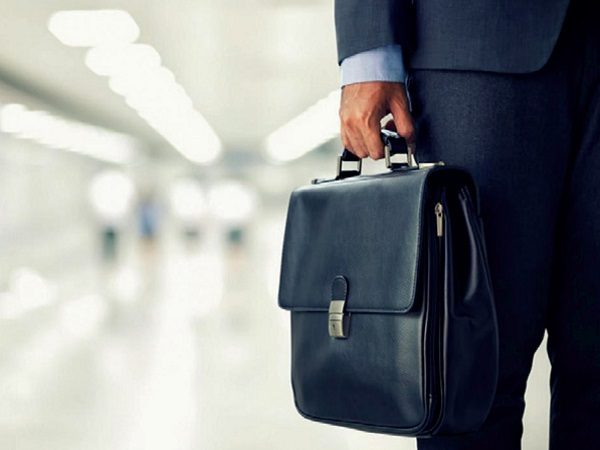
WHAT TO CONSIDER DURING YOUR STAY IN RUSSIA?
Foreign citizens, possessing the relevant documents (visa, migration card, etc.), have the right to freedom of movement within Russia for both personal and business purposes. Therefore, it is necessary to always carry the mentioned documents with you.
However, there are exceptions when visiting certain territories, organizations, or facilities requires special permission, for example, when visiting military objects.
If you have a work permit, you can only work in the regions of Russia specified in your permit.
In case of emergencies, you have the right to receive free emergency medical assistance. In other cases, medical insurance is required. If the insurance is found to be insufficient or invalid for any reason, the company that invited you is obliged to cover the expenses for medical services.
90/180-DAY RULE FOR BUSINESS VISAS
When entering Russia on a business visa, it is important to consider the 90/180-day rule. According to this rule, a foreign citizen arriving in Russia on a business visa cannot stay in the country for more than 90 days within a 180-day period.
This rule has the following features:
- The first day of entry into Russia marks the beginning of the 180-day period.
- During these 180 days, you can spend only 90 consecutive or cumulative days in Russia. Within these 90 days, you can cross the border multiple times if you have a multiple-entry visa. With a single-entry or double-entry visa, it is limited to one or two entries respectively.
- After 90 days of stay in Russia, you must leave the country, and you will not be able to reenter Russia until the 180-day period has elapsed from the date of the first entry.
This rule does not apply to work visas and permits, which are special work authorizations for foreign citizens entering Russia without the need for a visa.
PURPOSE OF TRAVEL ON A VISA
When selecting the parameters for a visa, it is important to have a clear understanding of the purpose, duration, and necessity of your trip to Russia. The choice of an appropriate visa with corresponding durations, multiplicity, and objectives depends on these parameters.
It is crucial that the stated purposes of travel in your visa correspond to the actual purpose of your visit to Russia. Providing false information about the purpose of your visit (such as stating a business trip when you are actually coming for work) can have serious consequences and legal liability for violating immigration laws.
RESPONSIBILITY FOR VIOLATING RUSSIAN MIGRATION LEGISLATION
Violation of Russian migration laws carries serious consequences, including the possibility of criminal prosecution, deportation, and a lengthy entry ban into the country.
In case of a violation, you may be fined or expelled from Russia with a ban on re-entry for up to 10 years in the following situations:
- Violation of the border crossing procedures of Russia;
- Failure to register your place of residence in Russia in a timely manner;
- Lack of documents confirming the right to stay in Russia (visa, work permit, migration card, registration form), or loss of such documents without reporting it to the police;
- Discrepancy between the stated purpose of travel in the visa and actual activities in Russia;
- Providing false information when obtaining documents for entry into Russia;
- Failure to leave Russia after the visa has expired.
In such cases, administrative measures may be applied, including deportation from Russia, with fines ranging from 2,000 to 5,000 rubles. In Moscow, St. Petersburg, Moscow Oblast, and Leningrad Oblast, the fine may range from 5,000 to 7,000 rubles.
For the inviting company, the violation of migration legislation entails more serious consequences. The risk of liability arises from both the company's own violations and violations committed by you. In case of a violation, the company can be fined up to 800,000 rubles for each violation, and its activities may be suspended for up to 3 months.
Employees of the company may also face criminal liability, including imprisonment for up to 7 years and a fine, for organizing illegal migration (illegal entry, stay, or transit through Russia).
In light of the above, it is crucial to strictly comply with the requirements of Russian migration legislation to avoid liability on both your part and the inviting company's part.
RESTRICTIONS AND PROHIBITIONS TO BE AWARE OF
To avoid issues with Russian law enforcement authorities, it is important to pay attention to certain prohibitions that carry administrative penalties for violations.
In Russia, it is prohibited to:
- smoke, consume alcohol, or be in a state of intoxication in public places such as parks, restaurants, public transportation, playgrounds, airports, and others, except in designated areas;
- sell alcohol during nighttime. Each region independently determines the period, usually from 23:00 to 10:00;
- possess, acquire, sell, or use narcotics in any quantity;
- use offensive language in public places;
- create noise that causes discomfort to other citizens, such as speaking loudly, shouting, playing loud music, or engaging in repair work after 23:00, both outdoors and at home;
- engage in entrepreneurial activities without a special permit.
Foreigners in Russia are subject to certain restrictions that are available to Russian citizens:
- foreign citizens do not have the right to participate in elections, be elected, or take part in referendums;
- foreigners cannot work in the civil service;
- foreign citizens do not have the right to participate in legal proceedings;
- foreigners cannot establish political parties or be their members.
...
Leaving the territory of Russia
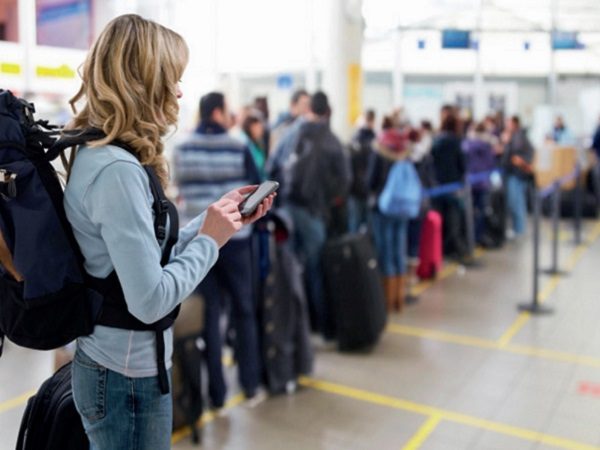
You need to leave Russia before the expiration of your visa. When leaving, you should have the original migration card and the original registration form indicating your place of stay to present them at the Russian border crossing. The inspection of these documents is carried out selectively, not for all foreigners. However, in case of their absence, the migration authorities formally have the right to hold you accountable for violating Russia's migration legislation.
There may be restrictions on leaving Russia in the following cases:
- If you have been detained under suspicion or accused of committing a crime. In this case, departure is not possible until a decision is made on the case or until a court verdict becomes legally binding.
- If you have been convicted of committing a crime on Russian territory. In such a case, departure is not possible until the completion of the sentence or until being released from it.
- If you evade fulfilling judicial obligations. In this case, departure is not possible until the obligations are fulfilled or until reaching an agreement with the other party imposing such obligations.
- If you have not fulfilled your tax payment obligations. In such a case, departure is not possible until the taxes are paid.
- If you are held accountable for committing an administrative offense on Russian territory. In this case, departure is not possible until the administrative punishment is served or until being released from it.
If you have properly completed migration documents and there are no restrictions on leaving, you are free to exit Russia and return at a later time.
При копировании материалов ссылка на сайт Lawspells (www.lawspells.com) обязательна.
Emergency Contact Information
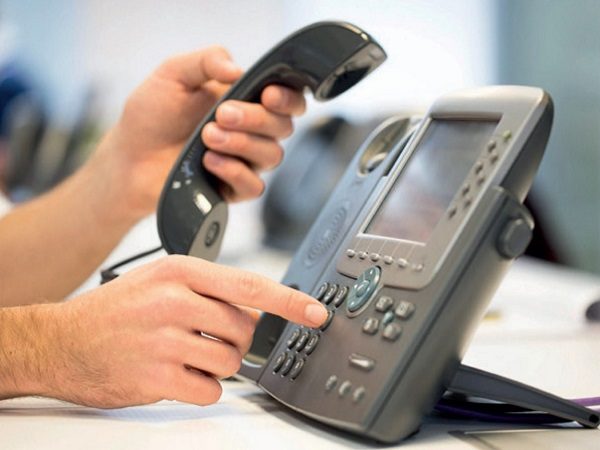
If you encounter a situation that may violate Russian migration legislation or if you require urgent assistance or consultation, contact your inviting company immediately.
If you need to call for an ambulance, fire service, or police, dial the emergency services number 112. In addition to Russian, this service accepts calls in five foreign languages: French, English, German, Spanish, and Chinese.
You can also seek assistance from us:
Phone: +7 (800) 5555-970
Email: emergency@lawspells.com
Website: www.lawspells.com
